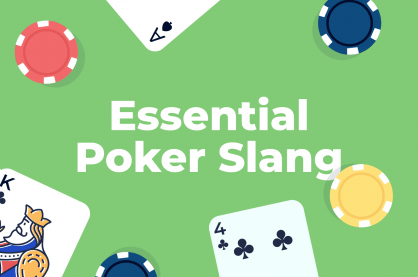7 Things You Need To Do If You Want To Be A Successful Poker Player

Poker players are lazy.
I’ve worked with many students over the years, and most do not want to commit the time or energy needed for improvement. Instead, they want a magic pill that will turn them into crushers overnight.
But this isn’t a surprise. It’s how our brains work. Unfortunately, it’s not how poker works in reality.
Poker requires a certain degree of discipline, and sometimes that’s easier said than done.
Obviously, if you only want to have fun and play with your friends, you can get away without studying the game, but that is probably the only case and it won’t lead to anything meaningful.
Most players understand that, but few follow up.
It’s just like New Year’s resolutions. How many times you promised something to yourself and then fall short after a week or two?
“Take poker seriously, or do not waste your time with this game.”
That should be your mantra.
So if you want to take it seriously, these are a few things you should promise to yourself today.
1. Identify Your Motivation
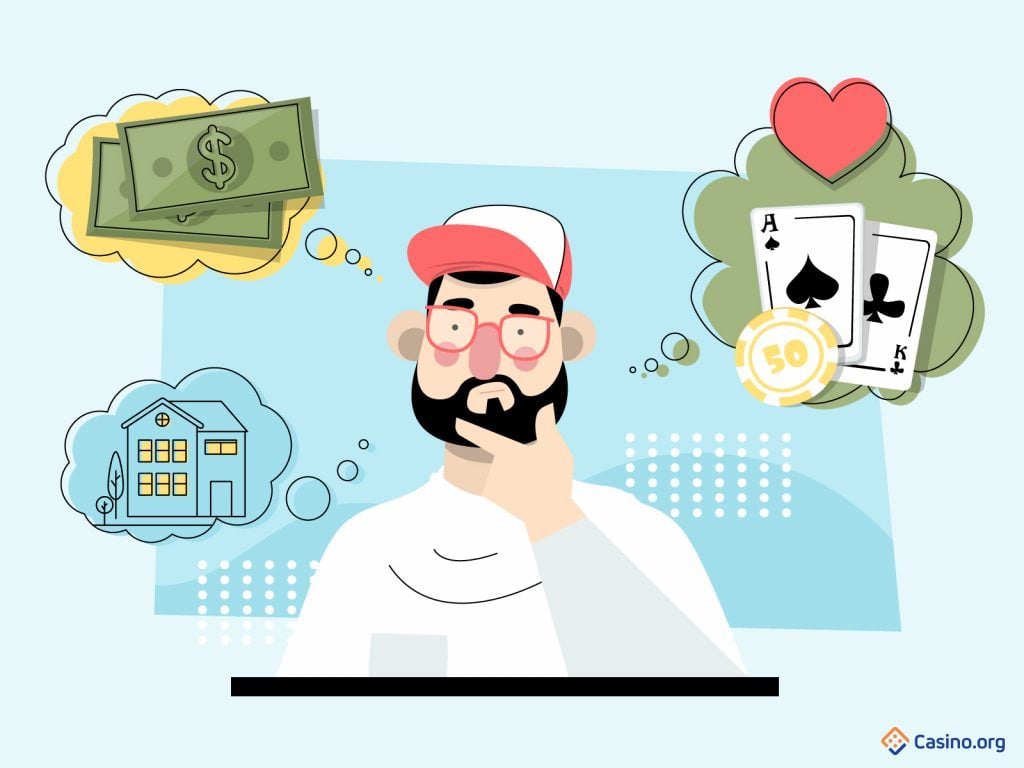
I know how hard it is to decide what you want, but without knowing why you are in this struggle, you’re almost guaranteed to lose motivation on the way.
While everyone loves the freedom, competition, and money that comes with becoming a professional poker player, very few realize how much work is needed to get all of that.
So before diving in this career, make sure to answer what it is that you are trying to achieve and, most importantly, why you want it.
A few simple questions can help:
- Why do you think poker is better than other alternatives?
- Do you have a genuine passion for the game, or just want to make money?
- Do you have enough time to take it seriously?
- What is your end goal?
There are plenty of other careers where you can make a great living with less risk, so if money is your primary motivation, please do not jump to poker.
I know many players who tried this. None of them succeeded.
Are you ready to dedicate yourself to this cause?
If you want the results, it will require countless hours for studying and playing, so think hard about how much you really want it.
2. Do Not Force Yourself To Play
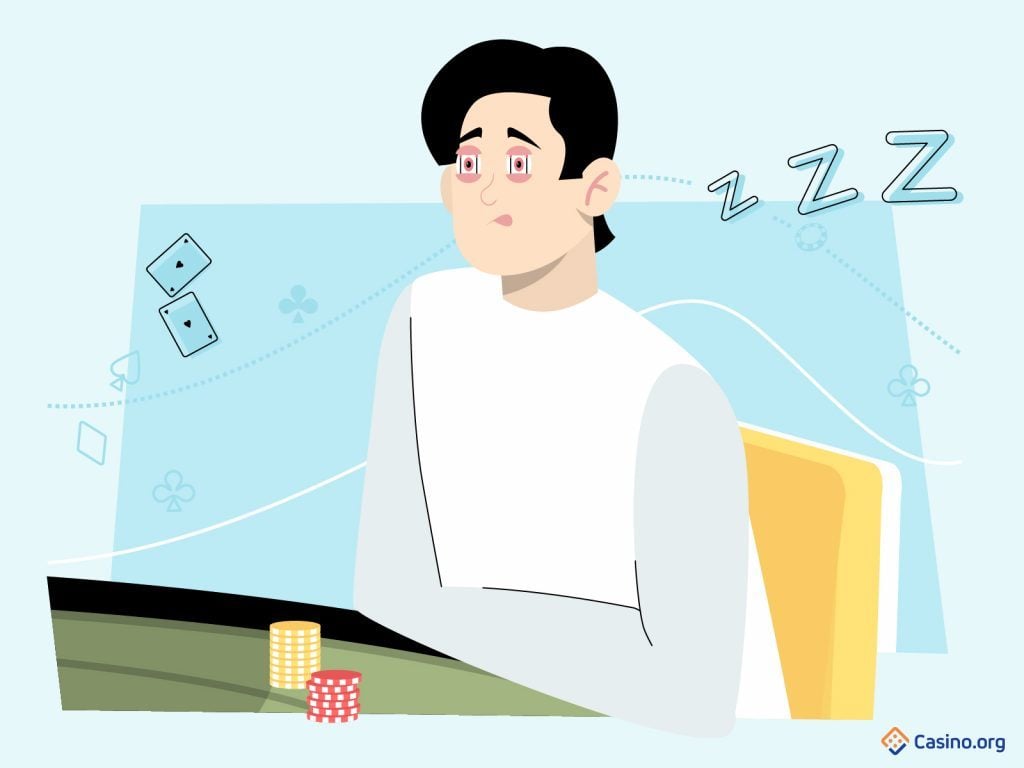
Many players think that the more they play, the better they’ll be.
They couldn’t be more wrong.
The biggest part of your progress comes from analyzing hands and databases, reviewing your sessions, discussing strategy with friends, or working with a coach.
No matter what you choose, this will be your main way to improve, not playing.
Obviously, it’s vital to play as well, so that you can test all new information, implement it, and get experience. But the quality of your decisions is much more important than the number of hours you spend at the table.
It’s way better to play a 4-hour session with full concentration, than 8 hours on auto-pilot. I’m sure you understand the difference, yet many players choose the latter option.
So don’t force yourself to play when you’re not ready. If you’re feeling bad, tired, or influenced by negative emotions, skip your session.
If you only play when you can perform at your best, you’ll see much better results, even if you play less.
On top of that, you will improve faster, learn from your mistakes, and avoid them next time you’re in the same spot – something you won’t be able to do on auto-pilot. Don’t be afraid to rest.
Even if you don’t play at all for a couple of days, do not force yourself to go back.
Instead, do something fun, relax, take your thoughts off the game and then, when you’re ready, go to the tables with full force and concentration – you will thank me later.
3. Take Your Time When Making Decisions
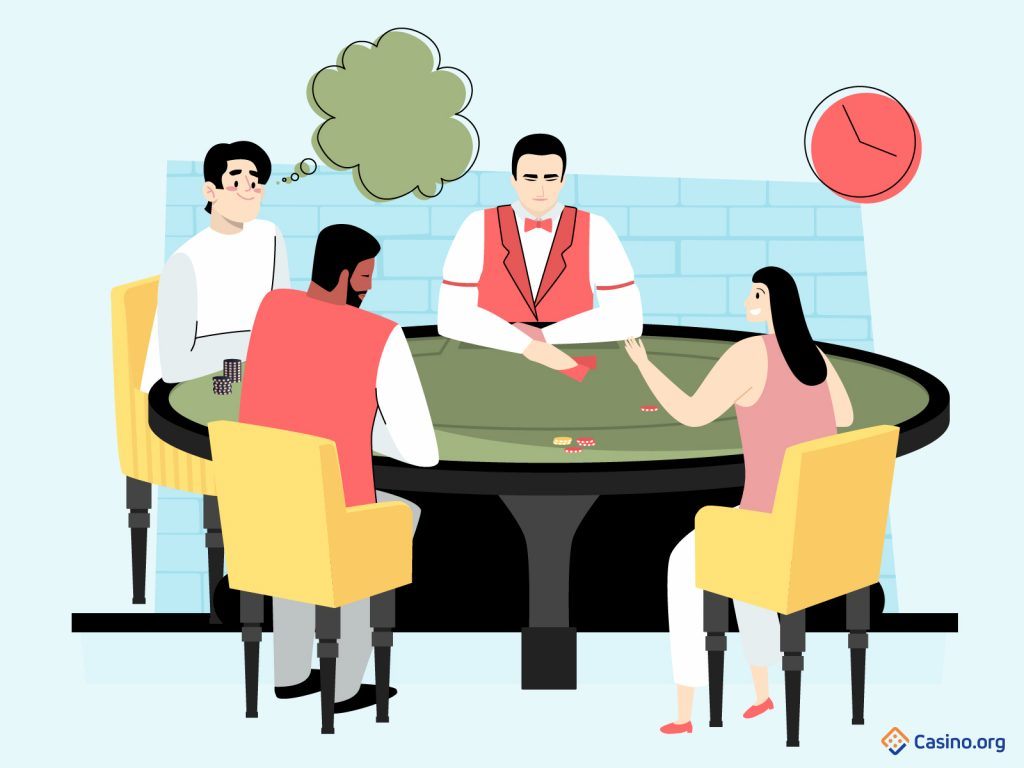
Most players rush their decisions.
After the hand, they instantly know that they made a mistake, but are not able to figure it out on time.
Don’t be the guy who instantly makes a decision and then sits for a few seconds only to act on the first instinct. Instead, think through all possibilities. Weigh the pros and cons of different actions end compare likely result.
It might sound like a lot of work but, trust me: when you get used to this approach, you’ll be making much better decisions. It’s worth the struggle.
4. Control Your Emotions

With many constant bad beats, swings, and variance in poker, it’s hard to not let your emotions run wild – but this is something you have to learn. Emotions are not your friend at the poker table.
It’s not easy to detach yourself from them, but there is one thing that helped me a lot.
While playing poker, I learned to recognize what I can and can’t control. At the beginning of my career, I was tilting a lot after every bad beat, but now it only puts a smile on my face.
It doesn’t cause any negative emotions because I know that I can’t control the outcome of the hand. I can only concentrate on making decisions, and do my best in every single hand that I play.
Avoid the mindset that past events can influence the future. If you got unlucky several times in a row, it doesn’t mean that now you’re in some magical state where you’ll be losing more often than you should.
Unfortunately, this is how many players see it.
In reality, every hand is a separate event, and previous results do not influence your chance of winning in the future.
Concentrate on playing every hand in the best possible way and detach yourself from short term results.
This way, you won’t have any problems with tilting or emotional decisions, which will boost your long-term results more than you think.
5. Manage Your Money
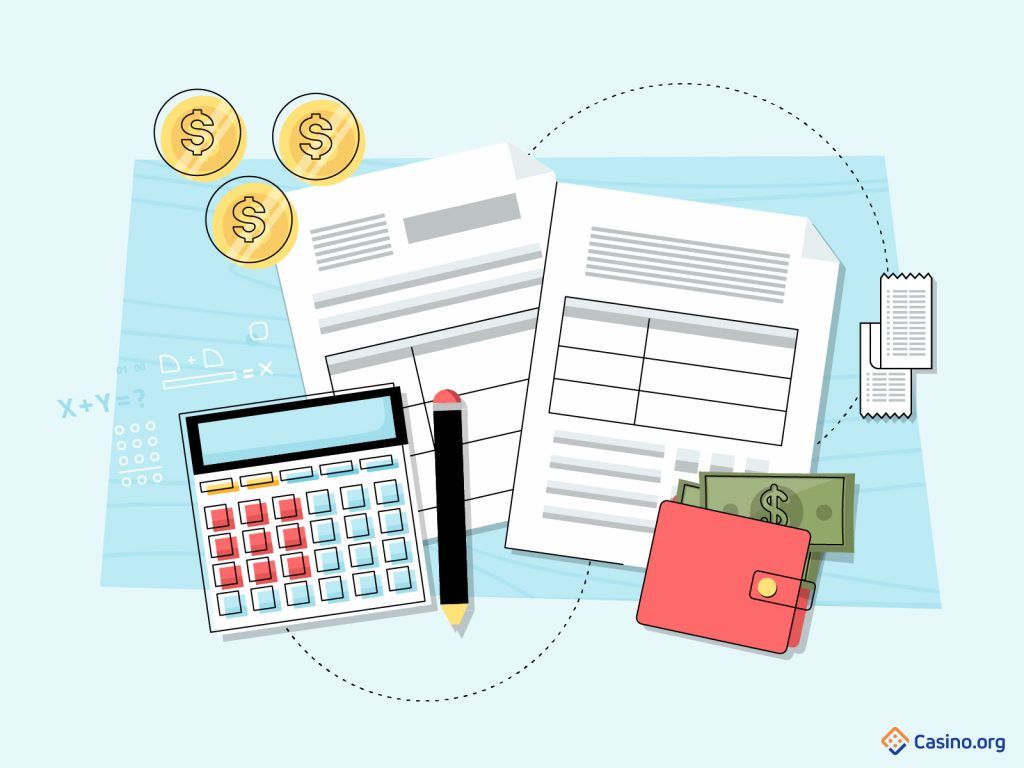
Poker bankroll management is probably one of the most important skills that separate big winners from the rest. I know many players who lost everything and had to quit poker because they played when they shouldn’t.
I am also not a stranger to this.
At one point in my career, I lost almost all of my money just because I played without a sufficient bankroll.
I’m sure that you know how important it is to have enough buy-ins for a specific game that you play, but do you know simple rules can help you optimize it? If not, make your life much easier by doing the following:
Keep your poker bankroll separated from everyday cash
If you have a separate bankroll just for poker, it’ll be much easier to control your emotions and stay calm when things do not go your way (which will happen). This is vital to success.
Knowing that you don’t need to withdraw money to cover your bills and living expenses will help you concentrate on playing quality poker even on a downswing, and you will be able to make better decisions as a result.
On top of that, this will take away a lot of stress, so it will boost your quality of life, which is an easy win-win to take.
Do not withdraw too much money
Withdrawing too much money from your bankroll prevents you from moving up the stakes, which is essential for long term success.
When you move up the stakes, you learn faster, improve your game, and can move up again. But if you constantly cash out a big part of your winnings, that isn’t going to happen.
Also, with a bigger bankroll, you’ll feel less pressure – so why not give yourself that extra advantage?
Instead of withdrawing, invest a part of your bankroll into learning.
Enroll in different poker courses or get a coach. It will help you improve, and it’s a much better alternative than cashing out money.
Obviously, if you are on a strict budget and need to cover your living expenses, you need to take out some money. This is where the next bullet point comes into play.
Have at least 6 months of expenses covered
If you have savings to outlast the swings without withdrawing money from your bankroll for a couple of months, it can be life-changing for your career.
I highly recommend having at least a six-month reserve to cover your basic living costs.
You don’t need to have a huge amount for that, either. In most cases, you only need to cover your rent, food, other basic needs, and then a bit on top of that, so you should be able to put that sum aside.
Better to be safe than sorry.
6. Track Your Results To Choose The Best Games

Tracking results is a must.
While it’s very simple to do it when playing online with tracking software, you need a bit more effort in live games, or on sites where tracking software is forbidden.
If you happen to find yourself in these games, there are a few things you need to track:
- Duration of your session
- Results by different stakes
- Results by different places
- Expenses related to poker
When you have all these numbers, you can easily calculate how much money you win per hour in different stakes, games, and casinos.
Since your $/h rate is the most important indicator of how you’re doing, you always want to know this value.
Let’s take an example.
If you play 50 hours in a $1/$2 game and win $1,500, you can estimate that you are winning $30/hour.
However, you should also subtract other expenses, like travel costs to get to a casino, food for your session, and so on. For the sake of this example, let’s say you spent $250 on all of that, which reduces your total profit to $1,250 – $25/hour.
Using this method, you can easily compare different stakes and find the most profitable games. Maybe you are winning more in lower stakes compared to higher ones, or much more in one casino than another?
This way, you can easily make the most profitable decision for you and choose the best games.
7. Dedicate Time To Work On Your Game
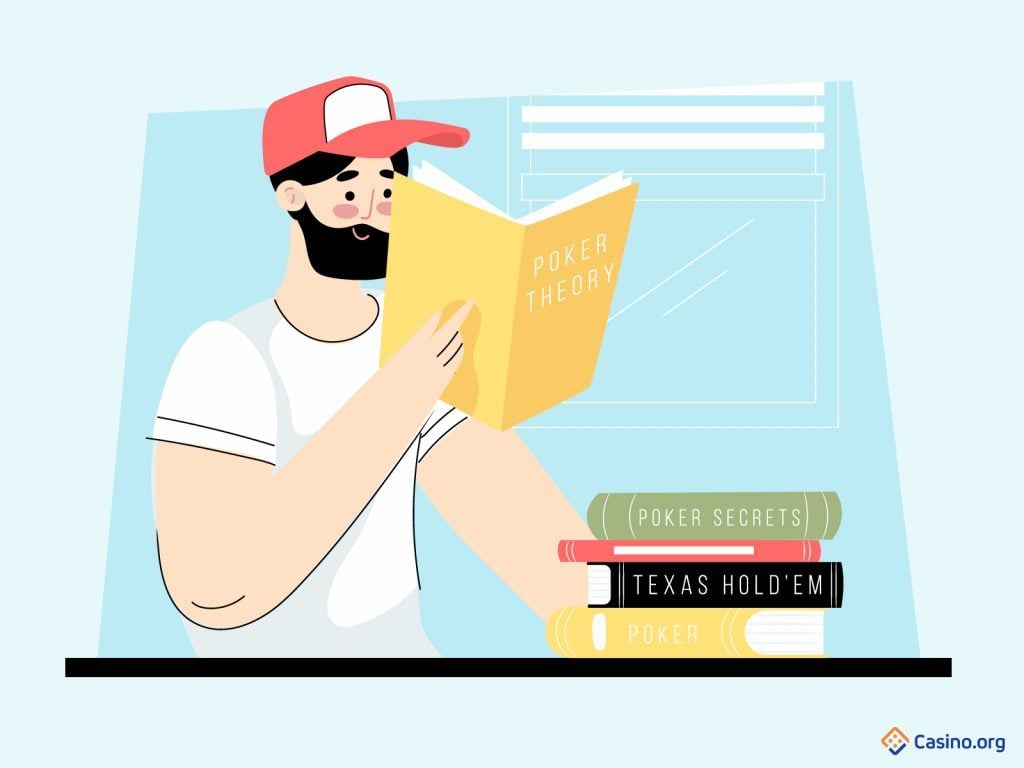
One of the most important promises you can make to yourself is to keep improving throughout your career.
Poker is a very competitive game, so if you stop learning, others will catch up. And it will happen sooner rather than later.
Even if you’re winning today, that doesn’t mean you’ll be winning after a month. Therefore, creating a plan or schedule for learning is a vital step.
Try to make it a habit to leave at least an hour a day to review your play and analyze interesting hands.
On top of that, dedicate one day per week and block out four hours to seriously work on one part of your game.
You can do that by working with solvers, reviewing videos of different players approaching the same spot, or even work with a coach.
I will leave this decision for you, but whatever you do, don’t stop learning.
Most Importantly, Have Fun!
Last but not least, have some fun when playing.
Identify what you love about poker and try to remember that feeling.
Maybe you enjoy that adrenalin rush when facing big money jumps deep in MTT? Maybe you love to counter the same players in cash games and learn how to beat them? Maybe you live for mastering your strategy?
Figure out what – other than money – motivates you to play. Whatever it is you love about poker, it’s important to remember to always have fun along the way.
Now you’re armed with tips from Tadas, who’s a professional poker player and coach, head to our list of the best online poker sites to put them into practice today!


